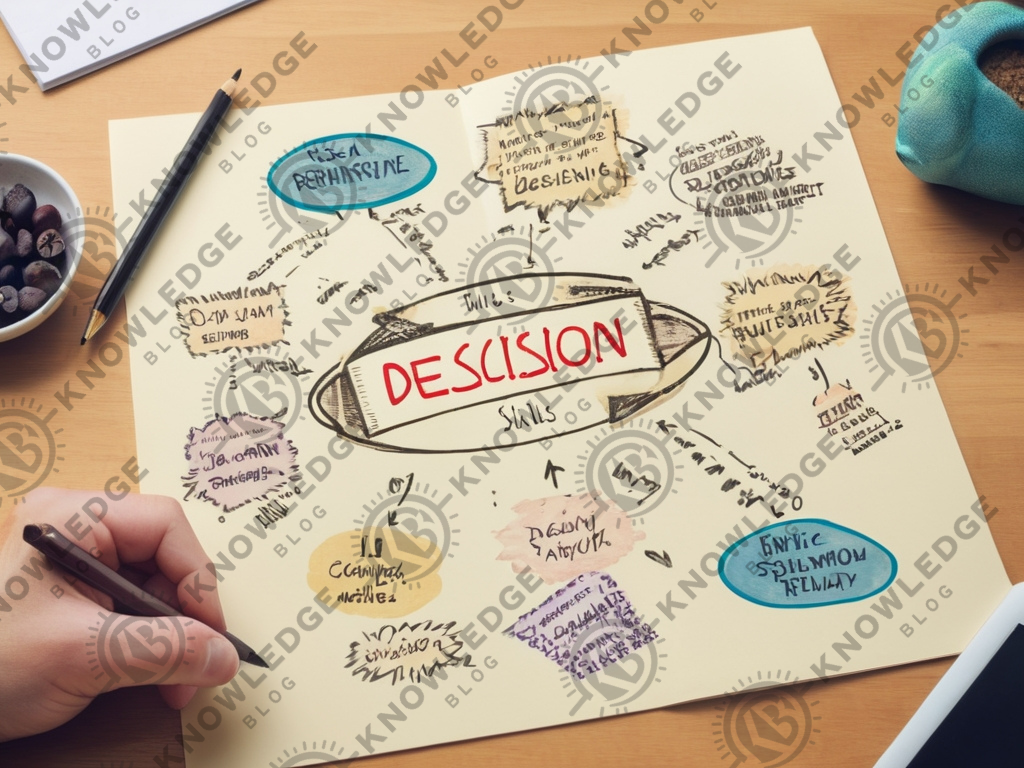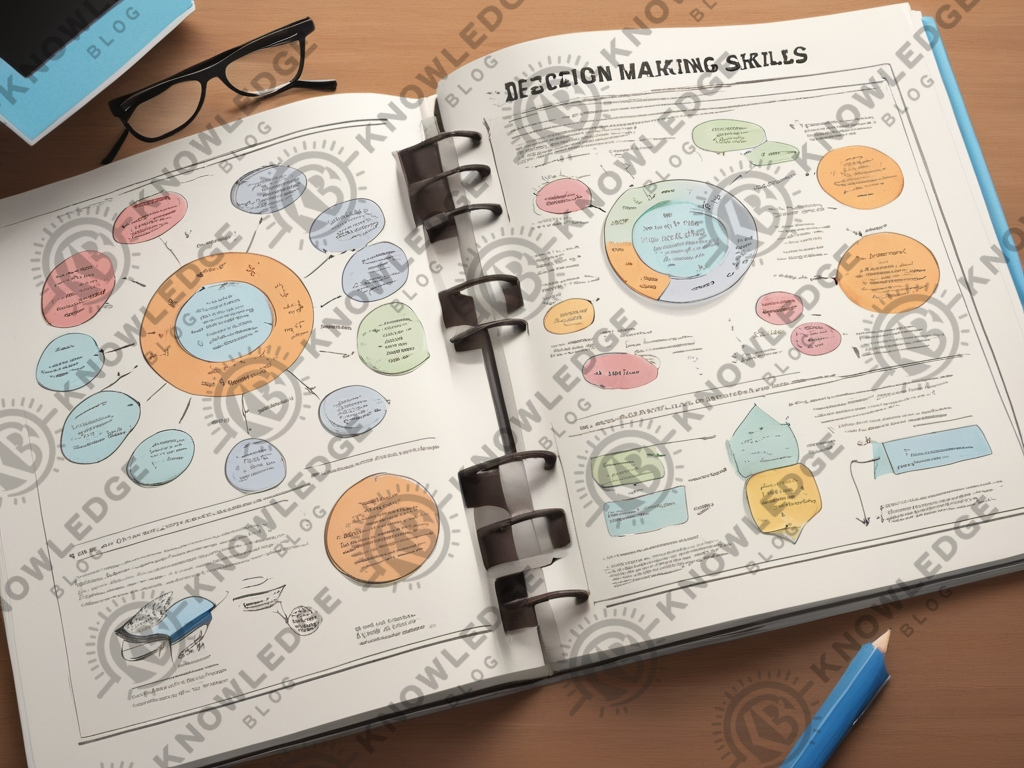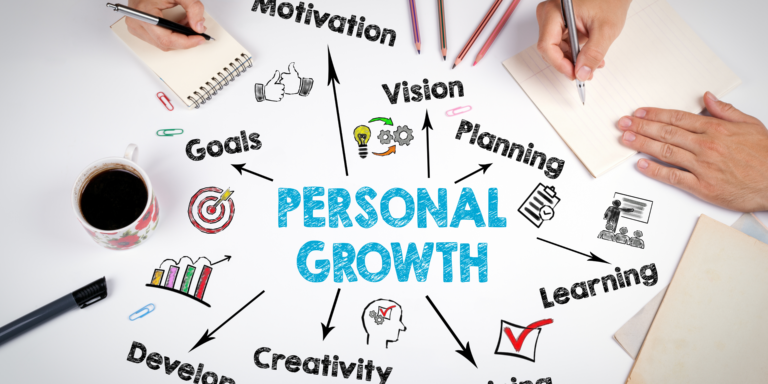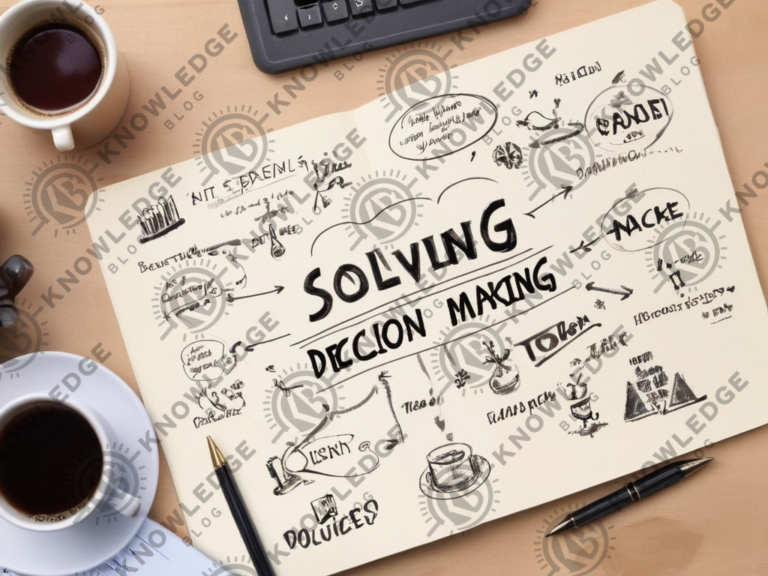Steps Mastering Decision Making Skills

Are you feeling overwhelmed by the constant need to make choices and unsure if you’re making the right ones? You’re not alone. Many people struggle with decision-making, whether it’s in their personal lives or professional careers. Developing strong decision making skills is crucial for navigating life’s challenges and achieving your goals. This article delves into the art of decision-making, exploring its importance, core principles, strategies for improvement, and the profound impact it can have on your personal and professional life
The Importance of Decision Making Skills
Decision-making is a fundamental skill that influences nearly every aspect of our lives. From daily choices to significant life-changing decisions, the ability to make sound decisions is crucial for personal success and happiness.
The Role of Decision Making in Personal Growth
Effective decision-making can accelerate personal growth by enabling you to seize opportunities, solve problems efficiently, and navigate life’s challenges with confidence. It gives you the power to shape your future and forge a path that matches your values and aspirations.
Impact on Professional Success
In the professional realm, decision making skills are indispensable. Leaders and managers are often distinguished by their ability to make timely, well-informed decisions that drive organizational success. Strong decision making skills can enhance your career prospects, improve job performance, and foster a culture of trust and reliability.
Key Principles of Effective Decision-Making
Understanding and applying key principles can significantly enhance your decision-making abilities. These principles serve as a foundation for making well-considered choices.
Clarity and Focus
Having a clear understanding of your goals and priorities is essential for effective decision-making. When your objectives are well-defined, you can evaluate options based on how well they align with your desired outcomes.
Information Gathering
Collecting relevant information is a critical step in the decision-making process. Thorough research and data analysis provide a solid foundation for making informed choices. This principle emphasizes the importance of being well-informed before making decisions.
Evaluating Alternatives
Considering multiple options and evaluating their potential outcomes is crucial. This approach helps you identify the most viable solution and mitigates the risk of overlooking better alternatives. Considering the pros and cons of each option helps you make a more balanced decision.
Intuition and Rationality
Balancing intuition with rational analysis can lead to more effective decisions. While data and logic are important, intuition can provide valuable insights, especially in situations where information is incomplete or ambiguous. Trusting your instincts, combined with rational thinking, can enhance decision-making.
Related Article: what is the definition of a critical thinker?
Strategies for Improving Decision-Making Skills
Improving your decision making skills involves adopting specific strategies and practices that foster better choices.
Develop Critical Thinking Skills
Analyzing Information
Critical thinking involves analyzing information objectively and assessing its relevance and validity. This skill enables you to distinguish between fact and opinion, identify biases, and evaluate the credibility of sources.
Questioning Assumptions
Questioning assumptions is an essential part of critical thinking. By questioning the status quo and considering alternative perspectives, you can uncover new insights and avoid potential pitfalls in your decision-making process.

Enhance Emotional Intelligence
Understanding Emotions
Emotional intelligence (EI) is the skill to recognize, understand, and manage both your own emotions and those of others. High EI can improve decision-making by helping you stay calm under pressure, empathize with others, and navigate social complexities.
Managing Stress
Effective decision-making often occurs under stressful conditions. Developing stress management techniques, such as mindfulness and relaxation exercises, can help you maintain clarity and composure, leading to better decisions.
Foster Collaborative Decision-Making
Seeking Diverse Perspectives
Involving others in the decision-making process can provide diverse perspectives and enhance the quality of your choices. Collaboration encourages the exchange of ideas, reduces biases, and fosters innovative solutions.
Building Consensus
Building consensus involves finding common ground and ensuring that all stakeholders are aligned with the decision. This approach promotes buy-in, minimizes resistance, and enhances the likelihood of successful implementation.
Utilize Decision-Making Tools
Decision Matrices
A decision matrix is a tool that helps you evaluate and prioritize options based on specific criteria. This systematic approach can clarify complex decisions and ensure that all relevant factors are considered.
SWOT Analysis
SWOT analysis (Strengths, Weaknesses, Opportunities, Threats) is a strategic planning tool that helps assess the internal and external factors affecting a decision. It provides a comprehensive view of the situation, aiding in more informed choices.
The Role of Mindset in Decision-Making
Your mindset greatly influences your decision-making abilities. Developing a growth mindset and maintaining a positive attitude can improve your ability to make effective decisions.
Embrace a Growth Mindset
Learning from Mistakes
A growth mindset views mistakes as opportunities for learning and improvement. Embracing this perspective encourages resilience and adaptability, allowing you to learn from past decisions and refine your decision-making process.
Continuous Improvement
Commitment to continuous improvement involves regularly assessing and enhancing your decision making skills. This practice ensures that you are always evolving and capable of making better decisions over time.
Develop Confidence
Building Self-Trust
Confidence in your decision making skills is essential for making timely and decisive choices. Developing self-trust involves acknowledging your strengths, celebrating your successes, and learning from your experiences.
Reducing Fear of Failure
Fear of failure can paralyze decision-making. Developing a healthy relationship with failure, where it is seen as a natural part of growth, can reduce this fear and empower you to take calculated risks.
Real-World Applications of Decision Making Skills
Effective decision making skills have real-world applications that can significantly impact various aspects of your life.
Personal Life
Health and Wellness
Making informed decisions about your health and wellness, such as choosing a balanced diet, exercising regularly, and seeking medical advice when needed, can enhance your quality of life.
Financial Management
Effective financial decision-making, including budgeting, saving, and investing, can secure your financial future and provide peace of mind.
Professional Life
Career Advancement
Strategic career decisions, such as pursuing further education, changing jobs, or seeking promotions, can accelerate your professional growth and fulfillment.
Leadership and Management
Strong decision making skills are crucial for effective leadership and management. Leaders who make sound decisions inspire confidence, drive organizational success, and foster a positive work environment.
Related Article: The Best Habits to Change Your Life






